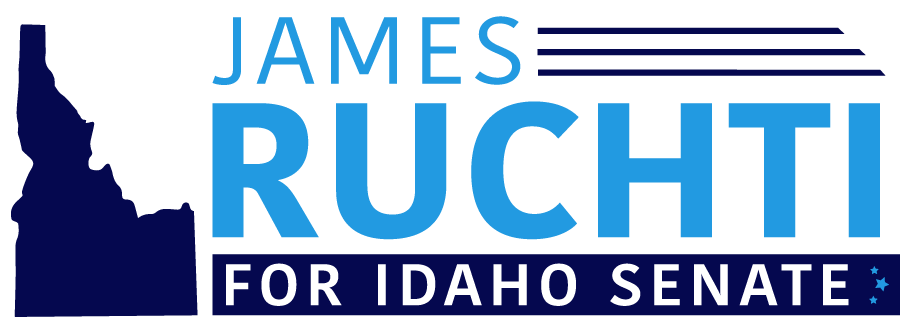| Last Wednesday, many of us let out a shared sigh of relief. With President Biden being sworn into office, it feels like our nation is finally headed in the direction of empathy towards our fellow man, progress towards shared goals and competence in government. We cannot overlook, however, the deep scars the last four years—and most notably the last few months—have left on our democracy. The nation’s steady diet of false information and vitriol was the foundation upon which conspiracy theories and lies about the election results were built. The harmful misinformation surrounding the election encouraged insurrection and violence at the U.S. Capitol, and for the first time in my life, I felt real fear for the future of our democracy. Of course, this is not the only time our country has dealt with violent insurrectionists. In August of 1863, in the middle of the Civil War, President Lincoln wrote to his old friend James Conkling during a time when national unity was at an all-time low. In the letter, he acknowledged the anger and frustration dividing the country. But, even then, he was able to find hope, writing, “Peace does not appear so distant as it did. I hope it will come soon, and come to stay; and so come as to be worth the keeping in all future time. It will then have been proved that, among free men, there can be no successful appeal from the ballot to the bullet; and that they who take such appeal are sure to lose their case, and pay the cost.” (Emphasis added) Read the entire letter here. Lincoln used this imagery on numerous occasions to remind the nation that a strong democracy would withstand violent attempts to take over the government. Lincoln’s clarion call is a needed reminder today. Those who refused to accept the election results were willing to take up arms against their government to achieve the results they wanted. Nothing could be more undemocratic. Nothing could be more traitorous. While the actions at the U.S. Capitol were the most visible and obvious example, we have seen similar behavior over the last few years at capitol buildings throughout the United States, including Boise. In a democracy, the loudest and angriest among us cannot be allowed to have outsized influence. Otherwise, they will use such behavior to intimidate elected officials, monopolize the attention of policymakers, thwart fair elections, and dispute election results. Openly carrying loaded long guns and sidearms to meetings where policymakers are voting, using violent imagery in angry speeches in the course of denouncing specific elected officials, and threatening physical harm against those who oppose them are the tools of despots and are entirely inconsistent with democratic processes. While not rising to the level of what happened at the U.S. Capitol, Idaho is seeing similar behavior in the Legislature, at city council and school board meetings, and at public health board meetings. The right of the people to petition their government is a constitutional right and necessary for a democracy to function, but there is a Rubicon that cannot be crossed. When elected officials make decisions from a place of intimidation, they no longer look to data, facts, and science to find solutions. Instead, legislators and other policymakers listen to the few loud and angry voices. The result is legislation and policy which is short-sighted, ineffective and even dangerous. A prime example of this is the misguided legislation to end Governor Little’s emergency declaration. The emergency declaration gives Idaho access to over $20 million in federal funds to support our first responders, National Guard soldiers, hospitals and businesses. These funds also help us manage the pandemic and will provide much-needed money to distribute the vaccines. Legislators who are advocating ending the emergency declaration fail to explain this to their constituents. |
| To my fellow legislators: whether they are making their voices heard or not, your constituents are depending on you to represent their interests. The legislation to end the emergency declaration is nothing less than irresponsible and dangerous to the future of our great State. To our constituents: do whatever you can to make your voices heard. What you have to say matters. You can begin getting involved by keeping up with the legislation that comes before us and letting your representatives know how you feel. |
| House Bill No. 1 – This bill limits the length of emergency disaster declarations to a maximum of 30 days unless extended by a legislative concurrent resolution. It would terminate all currently existing emergency disaster declarations that have existed longer than 30 days. House Concurrent Resolution No. 1 – This concurrent resolution ends the existing state of disaster emergency in Idaho. |
| Check out my previous newsletters here: Newsletter 2 – January 18, 2021 – Choosing Empathy Over Partisanship Newsletter 1 – January 11, 2021 – Fighting for our Democracy |
| Sincerely, J.R.James Ruchti jruchti@house.idaho.gov |
